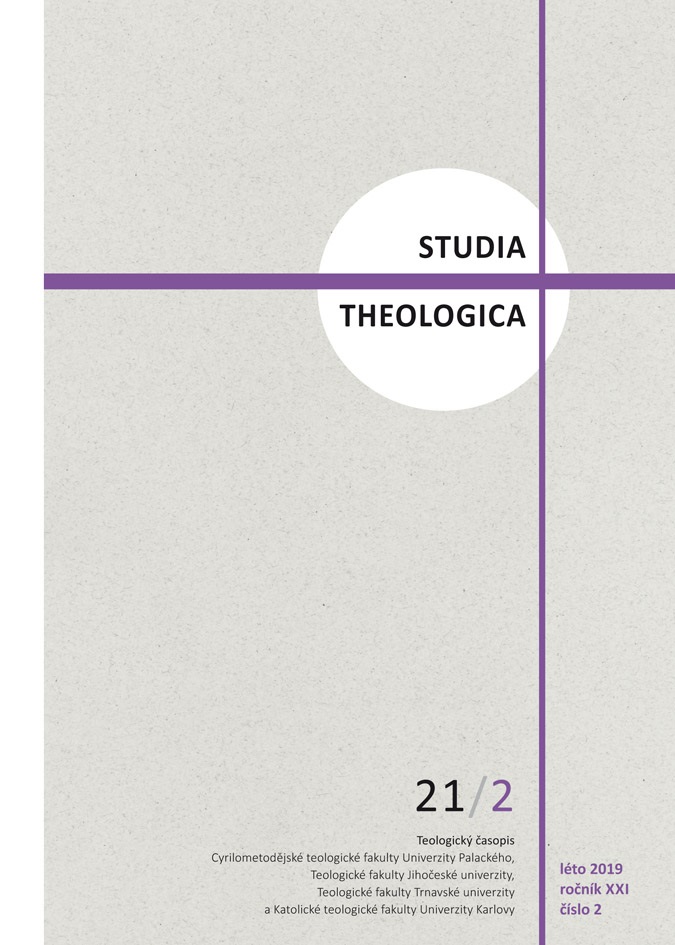Filozofia kultúry z perspektívy kultu v diele Pavla Alexandroviča Florenského (*1882, †1937)
The Philosophy of Culture from the Perspective of the Cult in the Work of P. A. Florensky (*1882, †1937)
Author(s): Daniel PorubecSubject(s): Theology and Religion
Published by: Univerzita Palackého v Olomouci
Keywords: P. A. Florensky;russian religious philosophy;culture;cult;universal unity;
Summary/Abstract: Did Florensky bring something new to the field of philosophy of culture? His merit lies primarily in his intentional use of the concept of ὁµοουσία, oneness-in-substance, in both metaphysics and cosmology. Florensky wrapped his philosophical and cosmological visions into "a religious garment" and theological terminology and attempted, in his unique approach, to solve the problem of "universal unity", "all-human consciousness", especially "all-human principles", questions which had engaged numerous Slavophilia philosophers earlier. His philosophy of culture is not about despising the world, but about the bright and loving adoption of life which enriches man, if he rises to a higher level of existence and desires to unite with the "other" invisible world. According to Florensky, all phi-losophical systems can be classified into two groups. They either acknowledge ὁµοουσία, the oneness-in-substance, or restrict themselves to ὁµοιουσία, the similarity-in-substance. Only a philosophy that recognises the oneness-in-substance is, according to Florensky, the philosophy of true culture, that is, the philosophy of "ideas and the true intellect, the philosophy of person and true self-realization".
Journal: Studia theologica
- Issue Year: XXI/2019
- Issue No: 2
- Page Range: 197-224
- Page Count: 28
- Language: Slovak
- Content File-PDF

